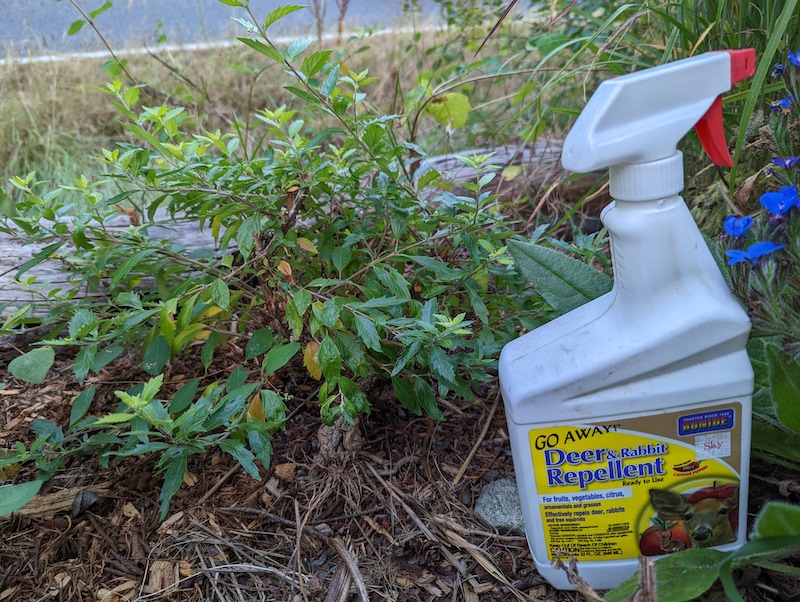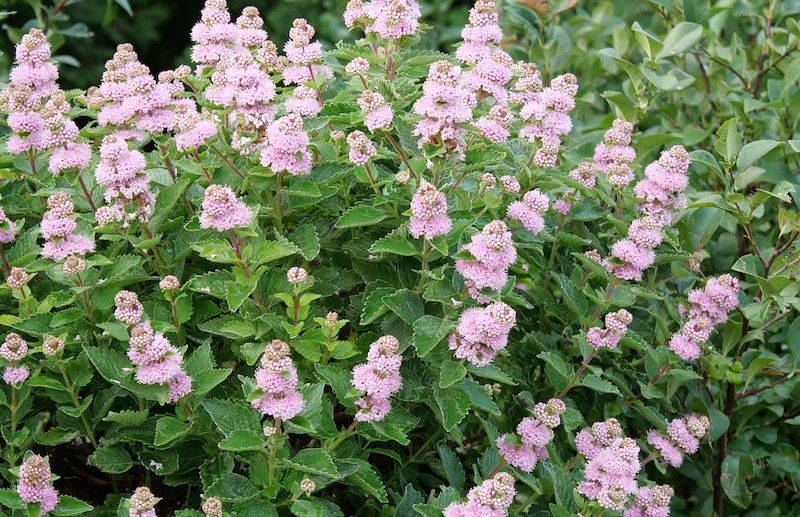Bluebeard is deer resistant, making it an excellent plant to feature in your space if you have problems with foraging deer. This perennial has an upright growth habit and is cold hardy in USDA zones 5 through 9. Flowers bloom in clusters starting in the late spring and into the fall.
Bluebeard is deciduous, and it drops its foliage in the fall. Bluebeard is only a viable food source during spring and summer when abundant and more desirable options are available. By the time deer have to scrounge for food, Bluebeard has dropped its foliage and only has bare canes.
Bluebeard is a good choice for gardeners who live in areas with large deer populations. According to Rutgers University, this plant is Rarely Damaged on their rating scale from Rarely Damaged to Frequently Severely Damaged.
| Rarely Damaged |
| Seldom Severely Damaged |
| Occasionally Severely Damaged |
| Frequently Severely Damaged |
Keeping Deer Away From Bluebeard
Since Bluebeard are not likely to be eaten by deer, it is generally not necessary to take steps to protect this plant. With that said, animals will eat anything during desperate times, so if your plants are damaged, you may want to put up fencing to keep critters out. Scent-based deterrents are also effective at keeping foraging animals at bay.

Will Bluebeard Come Back After Deer Eat Them?
Bluebeard is a perennial shrub that will likely bounce back if damaged by deer or other animals. Help plants recover from damage by providing ideal care. Remove dead or damaged growth and cut back until you reach live growth. Apply a balanced fertilizer to help the plant recover and push out new growth.

Sources: Rutgers New Jersey Agricultural Experiment Station ‘Landscape Plants Rated by Deer Resistance’ 2018
 |
Author Alison Cotsonas - Published 09-01-2022 |
